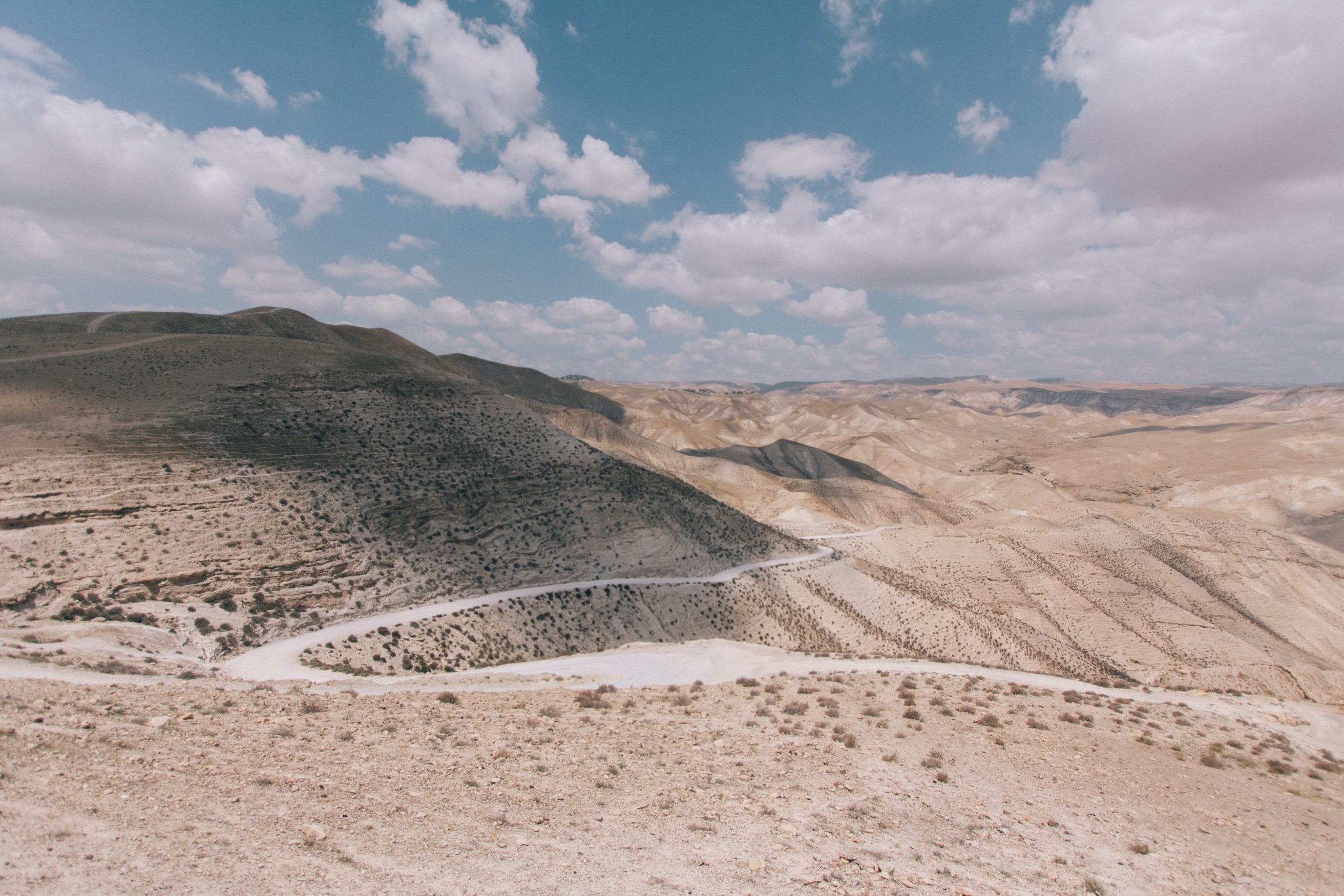

Hezekiah was certainly one of the greatest kings that Judah had. He came to the throne in dark days – his father Ahaz had been an evil man, even sacrificing some of his own sons in the fire, and only a few years earlier the Assyrian military machine had destroyed the Northern kingdom of Israel and carted off the people into exile. The Assyrian forces, now in control on Judah’s northern border, were like menacing storm clouds on the horizon.
It’s tempting just to focus in on ch.32, and that may be what you decide to do because of the constraints of time. It is striking though that whereas the writer of Kings mentions Hezekiah’s religious reforms in just a single verse, the writer of Chronicles devotes three chapters to it, so this is clearly something the writer is particularly wanting to draw our attention to. It would be a shame to ignore it, therefore.
For all the pressing problems facing the nation, Hezekiah recognised that the most pressing one was their rejection of God (29:6-8). It wasn’t Assyrian aggression that they needed to worry about, but the wrath of God, and therefore the urgent need was to purify the temple. After careful and thorough preparation, atonement is made through sacrifice (29:20-24), and then king and people kneel, bow their heads and worship. There is proper awe and real joy. More sacrifices are brought to express their dedication to God in response to His grace, and it is clear that God has worked to turn hearts back to Him (29:31-36). It seems to be what we would call revival. People are moved to seek God, and there is deep joy (30:23-27), radical repentance (31:1), and generous giving (31:2ff). What a time of blessing! Yet then to be followed by a time of great trial.
When the Assyrian hordes pour in over the border intent on carnage, Hezekiah shows great wisdom in the preparations he makes, but it’s clear his confidence doesn’t rest there. Despite the vast army arrayed against him, by faith he sees a greater reality (32:7,8).
For all the military hardware, what follows is a war of words. Hezekiah’s words strengthen his people’s faith, and then Sennacherib speaks to try to undermine that faith. Hezekiah responds in words of his own, but words addressed now to God (v.20) – do notice how often in Chronicles that’s how faith shows itself, as we cry out in our need to God. And wonderfully, miraculously, God shows that, unlike all the other gods, He is the God who saves.Page Break
Hezekiah had shown wonderful, clear-sighted faith and been used of God to bring wonderful blessing to God’s people. But that did not make him immune to messing up; he did. Having been miraculously healed, instead of responding in humility and gratitude, he became proud (32:25). Perhaps surprisingly though the writer doesn’t dwell on this flaw, and the general picture of those later years is presented in a largely positive light, as though the writer is not so much wanting to as to focus on this weakness as to see another strength, in particular his repentance (32:26). Like David, another great man of faith, Hezekiah was not perfect and messed up, but he repented. Maybe he is a reminder that even in our latter years, when we might think we know our hearts and have a fair grip on sin, God may test us and expose further sin in our hearts (32:31) and so cause us to continue to humbly depend on His grace.